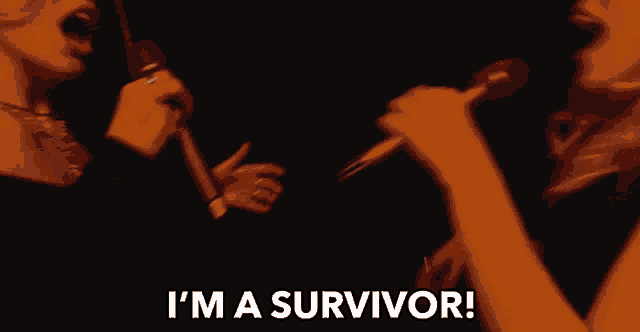A woman using a wheelchair was left shaken after a parking attendant chased her downhill and berated her for parking in a disabled spot—despite her having every legal right to do so. Madeline Delp ( @madelinedelp on TikTok) shared the unsettling experience in a series of videos, sparking outrage and support from viewers.
Delp had parked in a wheelchair-accessible spot near a business complex before heading to a doctor's appointment. However, as she made her way down a hill, a parking attendant aggressively pursued her, accusing her of misusing the spot.
"He told me he was going to get my car towed."
— @madelinedelp
"I was trying to tell him about the situation, but he wouldn't let me speak," Delp explained. Instead, he repeatedly interrupted her, saying, "Shame on you."
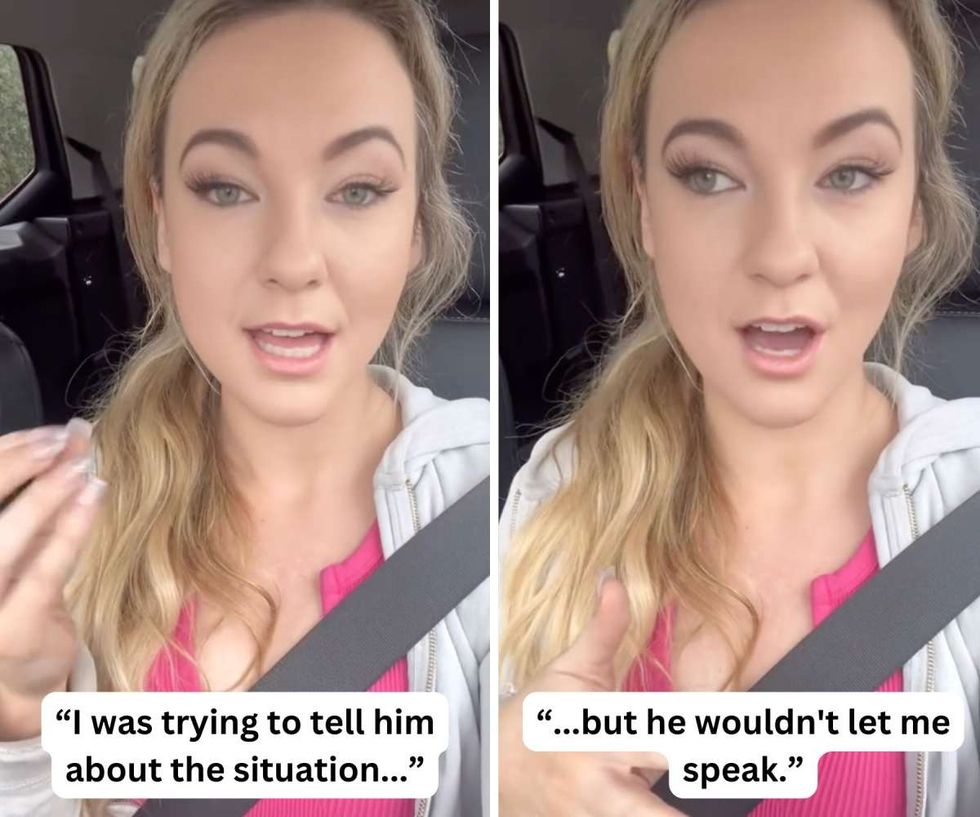
She attempted to inform the man that under California law, she was legally allowed to park in any disabled spot, even in a private business lot. However, he refused to listen.
A frustrating ordeal
Delp explained that accessible parking is particularly crucial for her because she needs extra space to lower a ramp before exiting her vehicle. But instead of being met with understanding, she felt intimidated and had to make a difficult decision.
Fearing her car would be towed, she pushed herself back up the hill, got back in her vehicle, and circled the block to find another parking spot at a different business. After her appointment, she returned to the parking lot, determined to explain the situation to the attendant and encourage him to show more kindness in the future.
"I am going to go explain this to him so he can have kindness for people in the future."
— @madelinedelp
However, when she tried to talk to him, he refused to engage. Instead, he mockingly recorded her with a smirk on his face.
"I never touched you," the man said, denying that he had said "Shame on you." When she attempted to clarify things, he cut her off and walked away, sarcastically saying, "Thank you very much." He also refused to direct her to his superior.
A shift in attitude—but only after outside intervention
After the frustrating exchange, Delp went inside a store in the complex to report the incident. A staff member assured her that they would contact the property manager. At the same time, another customer—who appeared to be an influential man—overheard her story and decided to step in.
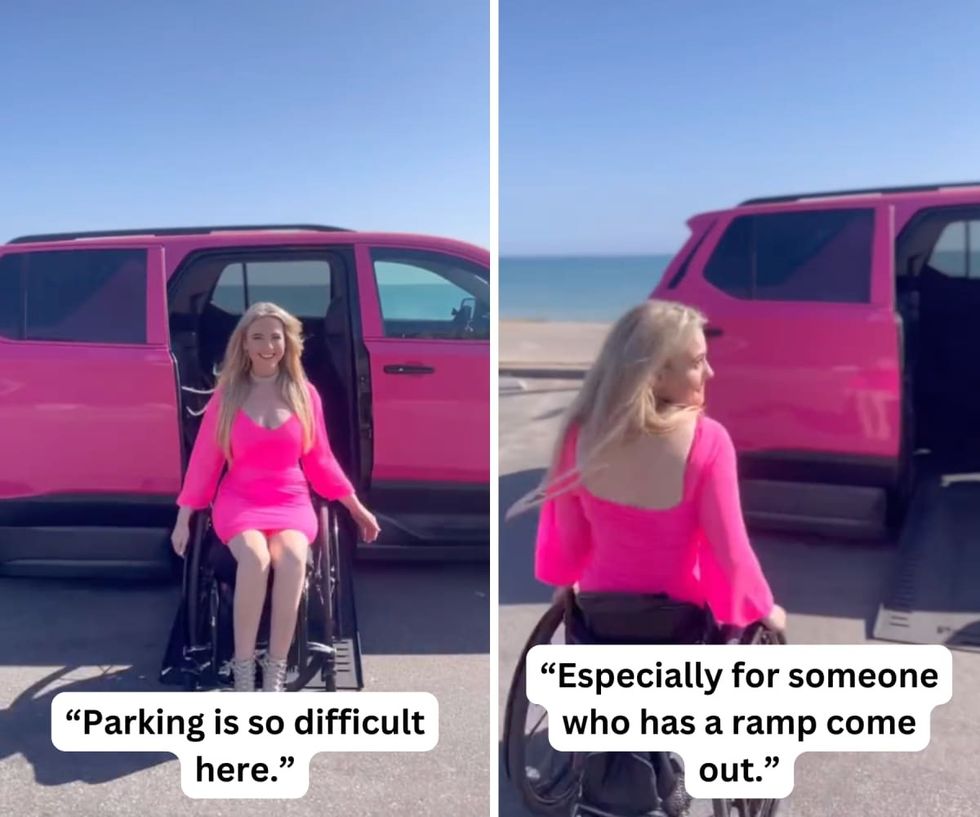
When this customer confronted the parking attendant, the man’s attitude changed completely.
"He came up to me, and he was like, 'I am sorry, I didn’t know that this was the law that you could park here, even if you weren’t coming to this business first,'" Delp recounted.
She expressed frustration that he had only listened when a man told him the same thing she had tried to explain earlier. Though he technically apologized, he remained dismissive, leaving Delp to wonder whether she should take further action.
People urge her to report the incident
Many viewers encouraged Delp to report the attendant's behavior, noting that his apology seemed insincere.
"Take it further. He didn't listen until a man told him he was wrong."
— @kellydabunny
@shazzergraz agreed, saying, "I would absolutely call the property manager. Acknowledge his apology but also tell them it shouldn’t have gotten to that point."
@breanncookie echoed the sentiment: "Definitely take it further. He didn’t apologize, not really. And honestly, only did it because of some (respectable) suit."
The bigger issue: accessibility and accountability
This incident highlights a common problem disabled individuals face—having to constantly justify their rights in public spaces. Accessible parking spots exist for a reason, and people with disabilities shouldn’t have to fight for their right to use them.
@madelinedelp I was so shaken up by this encounter today… The hardest thing about living in LA has been the hostility and ignorant actions I’ve received from people who don’t understand what it takes to park as a wheelchair user. #storytime #wheelchair #handicapped #ada #parking ♬ original sound - Madeline Delp
Encounters like this one show the importance of public education on disability laws and sensitivity training for those in positions of authority. While Delp’s story had some resolution, many others in similar situations aren’t as fortunate.
@madelinedelp Should I say something to his manager? Or just hope he doesn’t do it again?? #part2 #wheelchairpart2 #storytime #disability ♬ original sound - Madeline Delp
If you see discrimination happening, speak up. Whether it’s reporting an incident, advocating for better policies, or simply supporting someone in need, every action counts in making public spaces more inclusive for all.





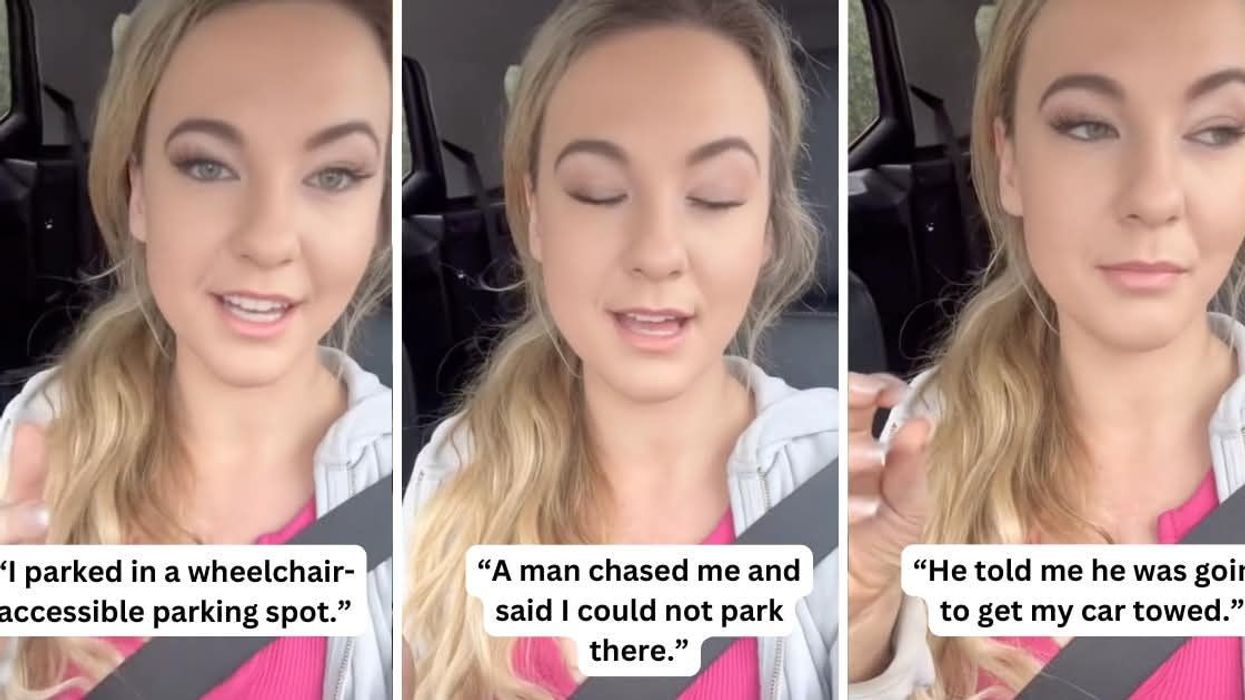






 It wasn't even February, so she wasn't expecting what came next.
It wasn't even February, so she wasn't expecting what came next.  The hug came first, the 'yes' took a few moments more.
The hug came first, the 'yes' took a few moments more. 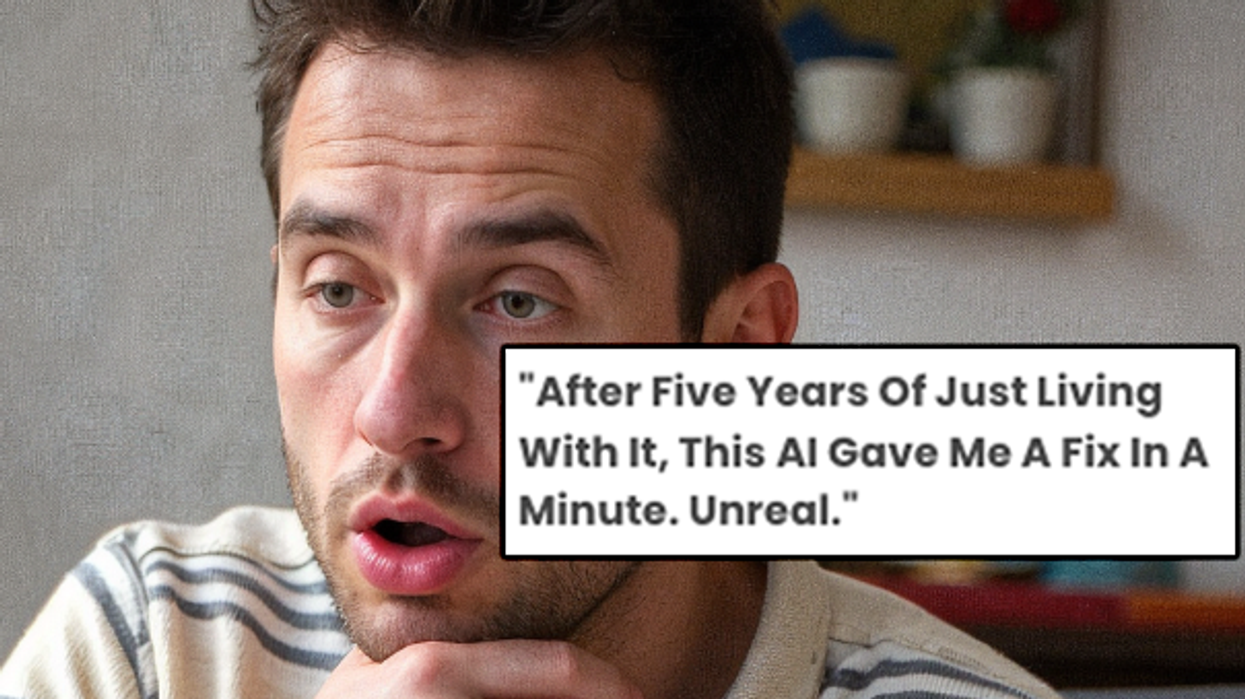



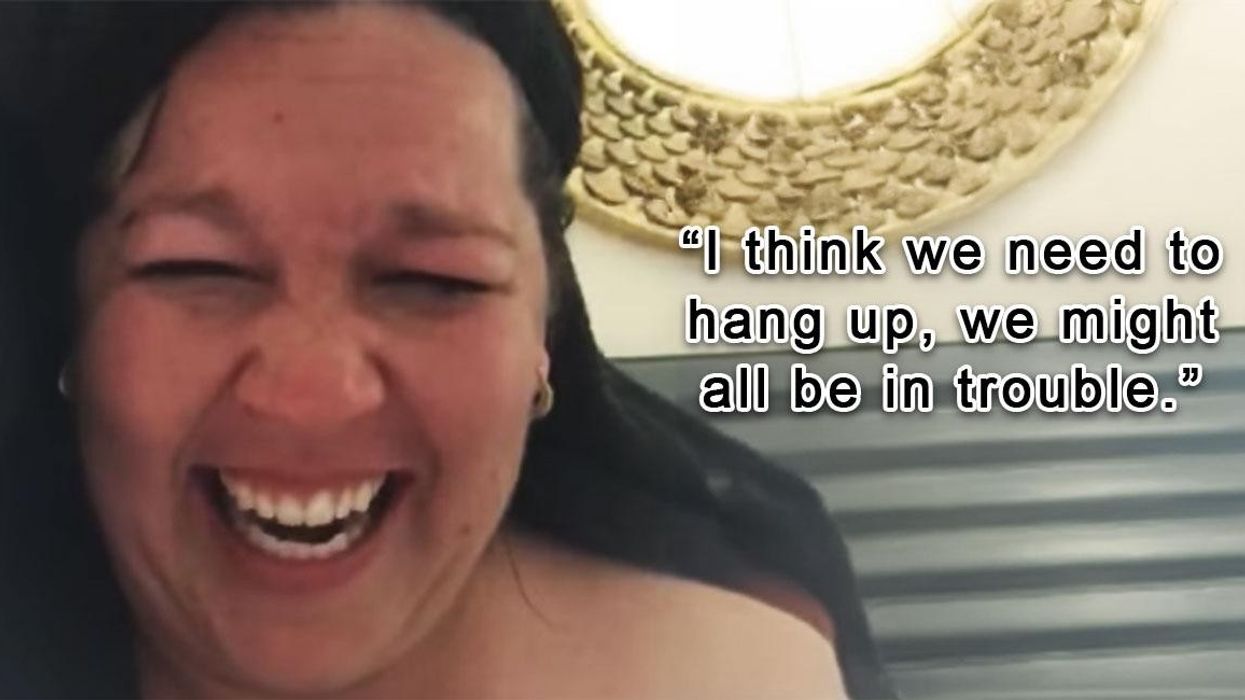
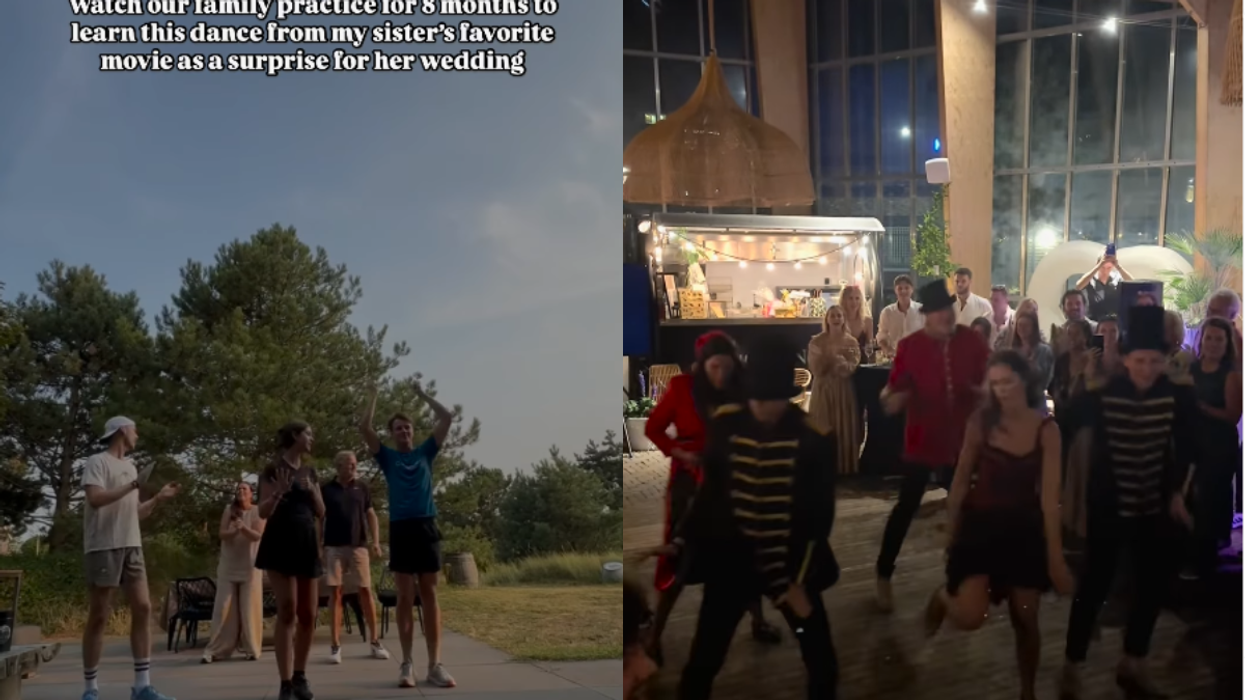
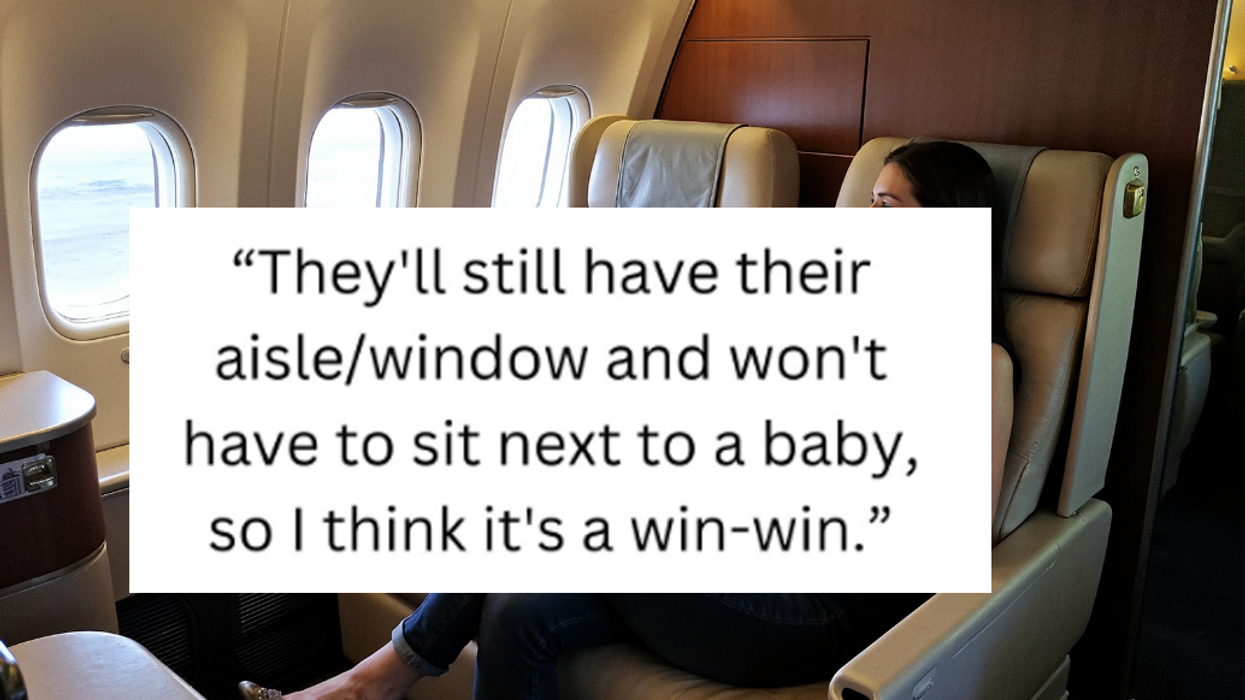
 Representative Image Source: Pexels | Oleksandr P
Representative Image Source: Pexels | Oleksandr P  Layout of the plane seatsImage Source: Mumsnet |
Layout of the plane seatsImage Source: Mumsnet | 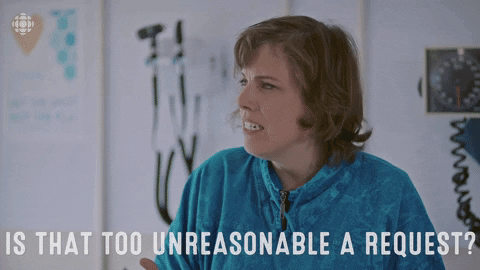
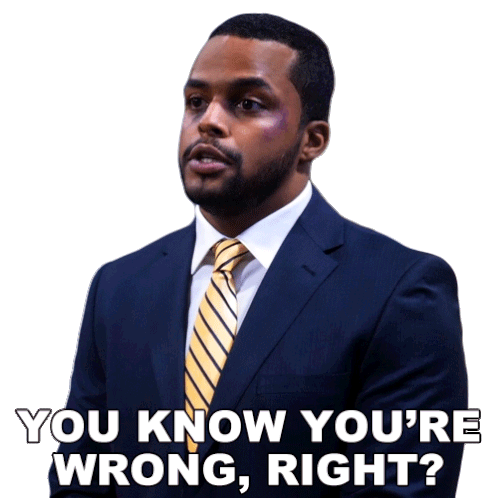
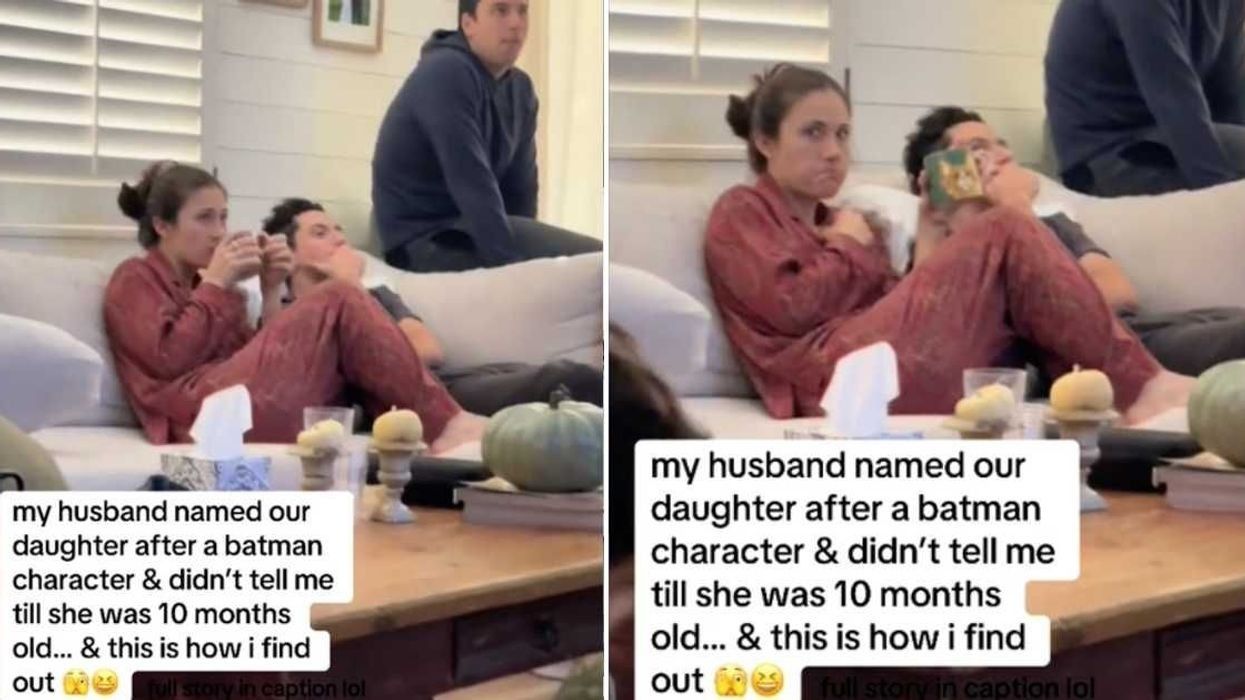
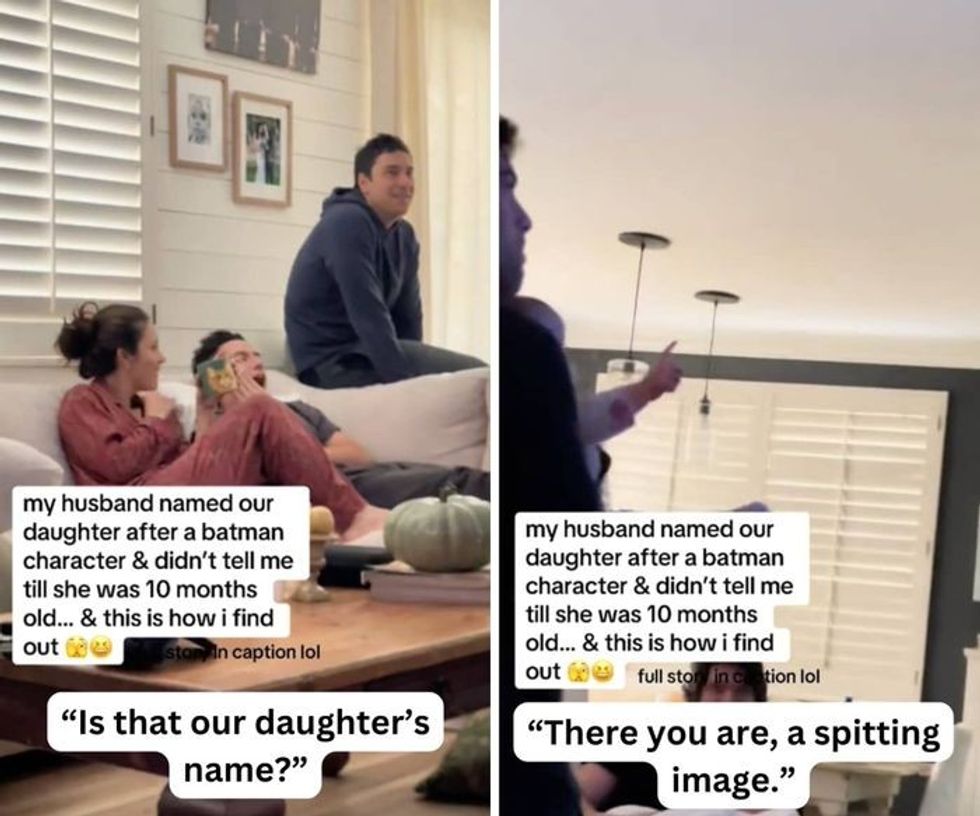
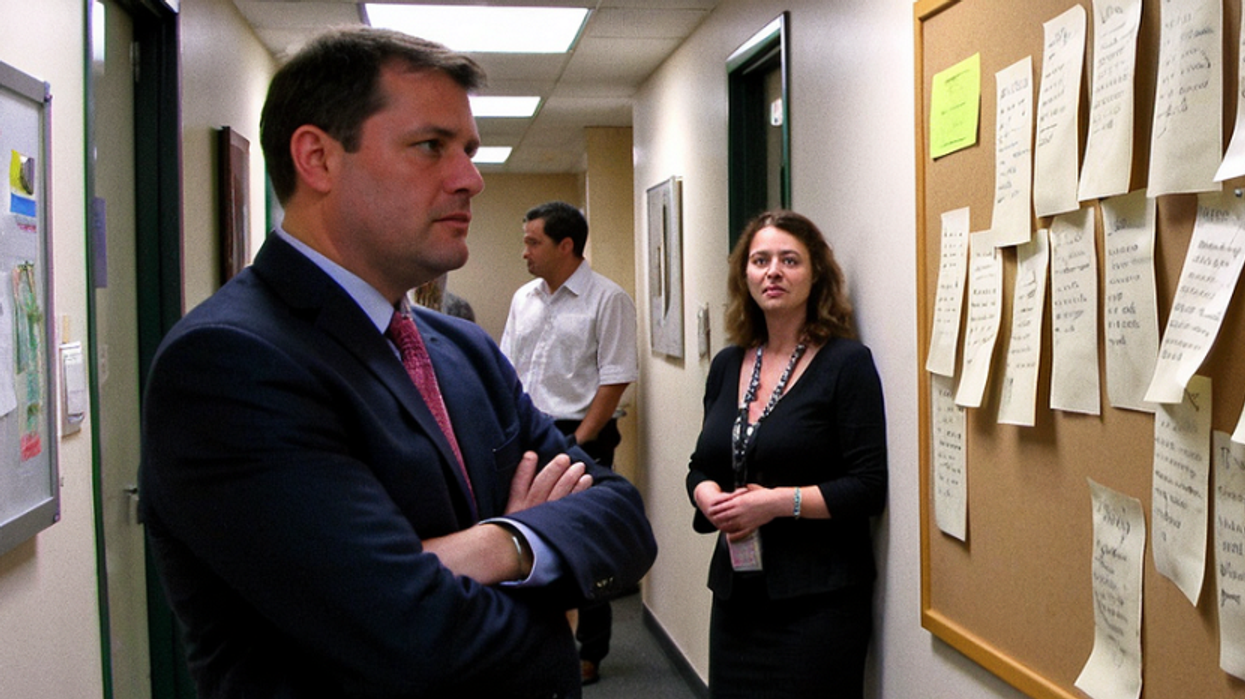
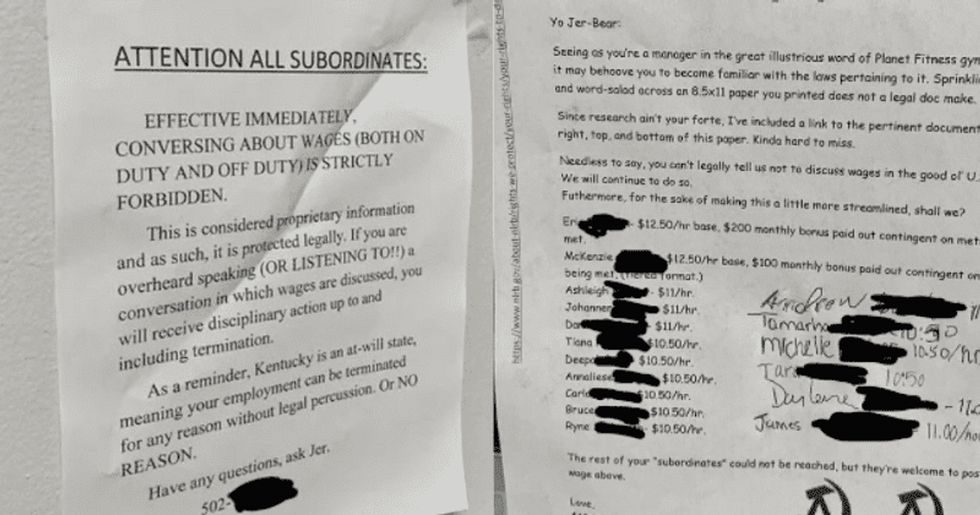 Image Source: Joshua Potash | Reddit
Image Source: Joshua Potash | Reddit 
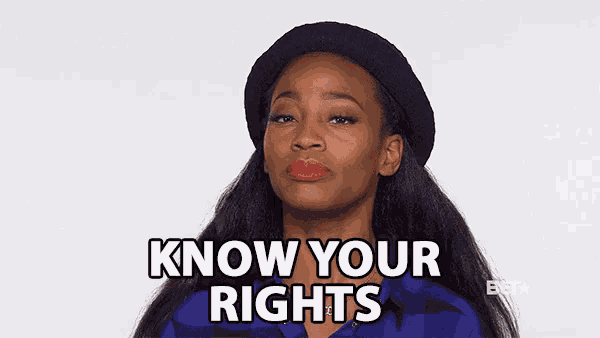


 Representative photo by luis arias |
Representative photo by luis arias | 
 Representative photo by Jamie Lee |
Representative photo by Jamie Lee | 
